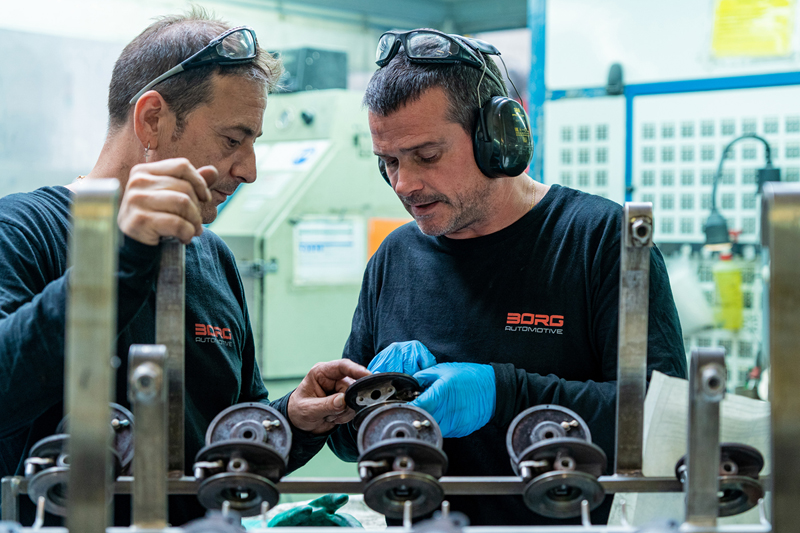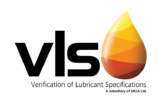
BORG Automotive Group has published its ESG report for 2022. The company accounts for its journey towards its ESG ambitions and gives insight into its non-financial measures.
ESG reporting has long been standard practice for responsible companies. They regularly publish their progress in the areas of “Environment”, “Social”, and “Governance”. In line with the annual report of its parent Schouw & Co., the Danish company BORG Automotive Group has now submitted its own ESG report for the fourth time. It lists the firm’s ESG-related measures and results of 2022, which will be remembered as a year full of uncertainty and geopolitical instability, but also a year where the company claims to have accelerated developments in the ESG area.
Environment: Energy consumption decoupled from sales growth
In recent years, BORG Automotive Group says its electricity consumption had grown due to its growth strategy. In 2022, the company managed to turn things around: Indirect CO2 emissions from purchased energy are reported to have decreased by 2.6 percent despite increased business activity and growth. However, total emissions increased by 4.5 percent, but it claims this effect was primarily due to company acquisitions.
In any case, BORG Automotive Group aims to reduce its CO2 emissions by 30 percent by 2030. Concrete measures are already being put into practice: Currently, it is building a new corporate headquarters where it claims that around 80 percent of the building’s electricity consumption will be covered by solar panels. In addition, the company also says that it is also commissioning photovoltaic systems at its two production sites in Poland.
Moreover, it states it is preparing life cycle analyses for each of its eight product groups. By the end of the year, the project will provide figures on how much energy, CO2 and raw materials are saved by the remanufacturing of a used spare part in comparison to the production of a new one.
Social: More minor work accidents in 2022
A key objective within the “Social” part of the report is to reduce the lost time injury frequency rate by 30 percent compared with 2020. However, it professes that partly due to job rotation, the company recorded 12.1 accidents per million hours worked in 2022, an increase of 1.8 over the previous year. Although it argues these were mainly minor accidents, the company is now stepping up its prevention, awareness and training activities in order to move closer to the target value of 8.4 in 2025.
Governance: Focus on IT security and Corporate Code of Conduct
In 2022, BORG Automotive Group again states that it dedicated many activities to ensuring good management structures. Also, the topics of anti-corruption, business ethics and responsible supplier management were addressed. One focus of the work was on improving IT security and user awareness. The company further established an e-learning platform for anti-corruption training. As a result, it claims 99 percent of the employees have already complied to the company’s anti-corruption policy and are supporting it. Furthermore, 86 percent of the suppliers are now said to have passed the audit and signed the company’s Code of Conduct.
“Our parent company Schouw & Co. attaches importance to transparency in the area of sustainable and socially responsible corporate governance. And we, too, have always taken corporate responsibility seriously,” explains Kim Kruse Andersen, CEO at BORG Automotive Group. “For us, publishing this report on a voluntary basis is simply a matter of being transparent about how we do business.”







